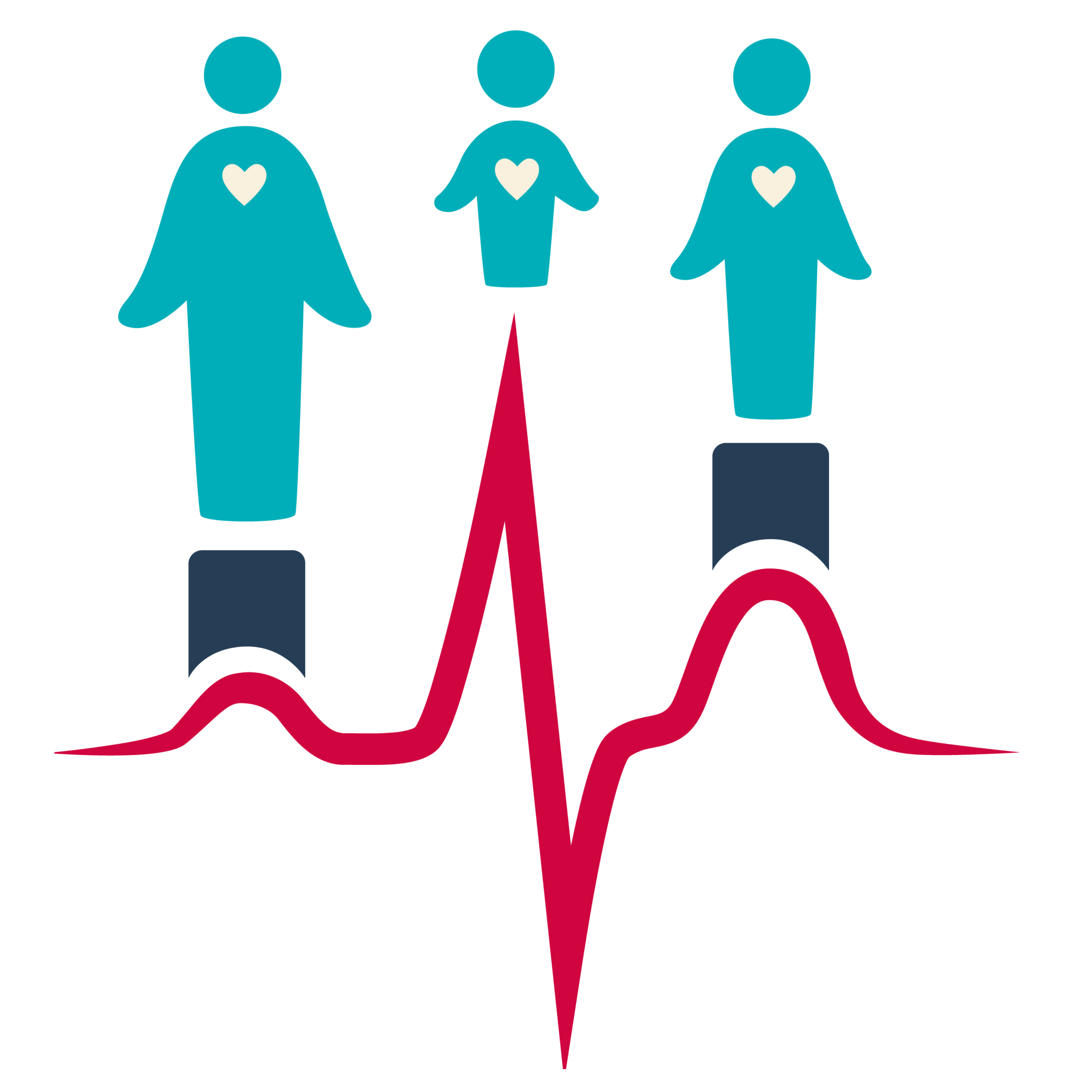

Eligibility & FAQs
Eligibility
Natural Sciences & Engineering (NSE) and non-NSE undergraduate, graduate (Master’s and PhD), and postdoctoral fellows from UHN, U of T, and McMaster whose area of research overlaps with the subject area of CaRDM Eq (equitable design of remote diagnostics and monitoring technologies for cardiovascular health and their implementation) and are supervised by a CaRDM Eq co-applicant or collaborator are eligible to participate in the CaRDM Eq program.
However, only trainees who are supervised by collaborators at a university/institution represented by the grantees are eligible to receive stipends through CaRDM Eq.
Students who do not receive stipends are still able to participate in all training components, are eligible for travel awards, and receive equal recognition of program completion.
See our Frequently Asked Questions below for more information on eligibility.
Frequently Asked Questions
What students are eligible to participate in the CaRDM Eq training program?
Natural Sciences & Engineering (NSE) and non-NSE undergraduate, graduate (Master’s and PhD), and postdoctoral fellows from UHN, U of T, and McMaster whose area of research overlaps with the subject area of CaRDM Eq (equitable design of remote diagnostics and monitoring technologies for cardiovascular health and their implementation) and are supervised by a CaRDM Eq co-applicant or collaborator are eligible to participate in the CaRDM Eq program.
Students who do not receive stipends are still able to participate in all training components, are eligible for travel awards, and receive equal recognition of program completion.
Who are the CaRDM Eq co-applicants and collaborators?
You can learn more about each CaRDM Eq co-applicant and collaborator on the Our People page.
What students are eligible to receive stipends?
Natural Sciences & Engineering (NSE) and non-NSE graduate (Master’s and PhD), and postdoctoral fellows from U of T, and McMaster whose area of research overlaps with the subject area of CaRDM Eq (equitable design of remote diagnostics and monitoring technologies for cardiovascular health and their implementation) and are supervised by collaborators at a university/institution represented by the grantees are eligible for CREATE stipends.
Can trainees with other sources of funding participate in the program?
Trainees with other funding sources are eligible to participate in the program components.
Additionally, trainees with funding from sources other than Mitacs Elevate may also be eligible for top-up through program stipends.
What program year do students need to be in to participate in CaRDM Eq?
As the undergraduate program track is one year in duration, undergraduate students can be in any year of their program to participate in CaRDM Eq.
The graduate and PDF program track is at minimum two years, so Masters, PhD and PDF trainees must have at least two years remaining in their educational program to be eligible for CaRDM Eq.
Are existing students eligible for CaRDM Eq funding or only new incoming students?
Both incoming and existing undergraduate and graduate students and PDFs are able to participate in CaRDM Eq.
How many years of stipend funding are available?
Master’s and PDFs are funded for up to two years. PhD trainees are funded for up to three years.
Registration Information
Are you interested in being part of the next CaRDM Eq cohort? Email Augusta Lipscombe for more information!
NSERC Acknowledgement
The Translating Cardiovascular Remote Monitoring and Diagnostic Technologies for Health Equity (CaRDM Eq) is a CREATE training program funded by NSERC that will train the next generation of digital cardiovascular health innovators to design for equity.
We acknowledge the support of the Natural Sciences and Engineering Research Council of Canada (NSERC). Nous remercions le Conseil de recherches en sciences naturelles et en génie du Canada (CRSNG) de son soutien.
